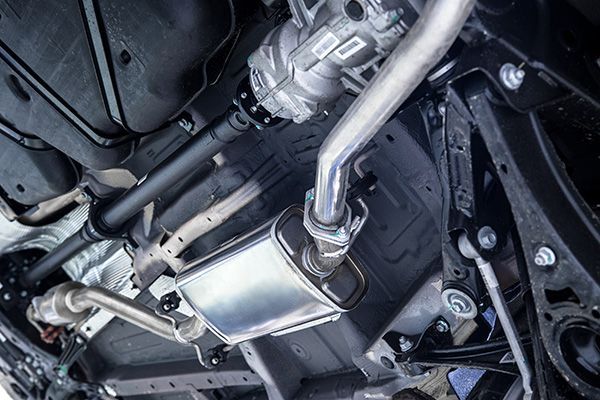Many vehicle owners are mentally tricked into spending more money at the gas pump. They think the “premium” fuels with higher octanes will offer better performance. The truth is, that’s not necessarily the case. Higher-octane gasoline generally won’t make your car go faster, achieve better fuel economy or run cleaner.
Check the Owner's Manual
The first thing you should do before taking any new car to the gas station is read the owner’s manual. Most vehicles only recommend and require the standard octane rating. Paying more money for premium fuels won’t necessarily add any benefits at all. It probably won’t hurt the vehicle. It just won’t give you a significant enough boost in performance to warrant the extra price per gallon.
Engine Knocking
The only time a higher-octane fuel may be recommended for average cars is if your engine is “knocking” or has other performance issues when you use the regular gas. In these cases, the premium gasoline can offer some benefits by running a little more efficiently. Some luxury cars, heavy duty trucks and high-performance sports cars may require a higher octane. Again, please consult your vehicle owner’s manual for the recommended fuel guidance.
What is the Fuel Octane Rating?
The octane rating is based on the gasoline’s ability to resist and minimize engine knocking, which is a rattling or pinging noise that happens when the compressed fuel-air mixture ignites prematurely in one or more engine cylinders. If your engine isn’t knocking with regular fuel, then there really is no need to upgrade. If knocking is a problem, then you may consider trying the next octane rating available to see if that improves performance. If knocking persists, you should probably visit an auto repair specialist for an engine or fuel system inspection and repairs.
Why is the Colorado Minimum Octane Rating Only 85?
In most states, the minimum octane rating is 87. In Colorado and other Rocky Mountain states, the minimum octane rating is 85. Don’t confuse a lower octane with lower quality, though. We live at a higher elevation and that has a different effect on your fuel combustion. The thinner air is less dense, which means less air flows into the engine. It results in a slightly richer air-to-fuel ratio that naturally deters engine knock. This is why we are able to use a lower minimum octane rating in Colorado Springs.
What to Do if Your Engine is Knocking
If your engine knocks or pings occasionally, it’s usually not going to do much harm. You may try a higher octane and see if it helps reduce the knocking. If the sounds get really heavy or are very persistent, this can lead to engine damage or could be the sign of existing engine damage that you will want to get looked at by a professional mechanic.
If you are experiencing any engine, emissions or fuel system problems in Colorado Springs, call LightHouse Automotive today at (719) 465-0302 or schedule your service appointment today.






.jpeg)



